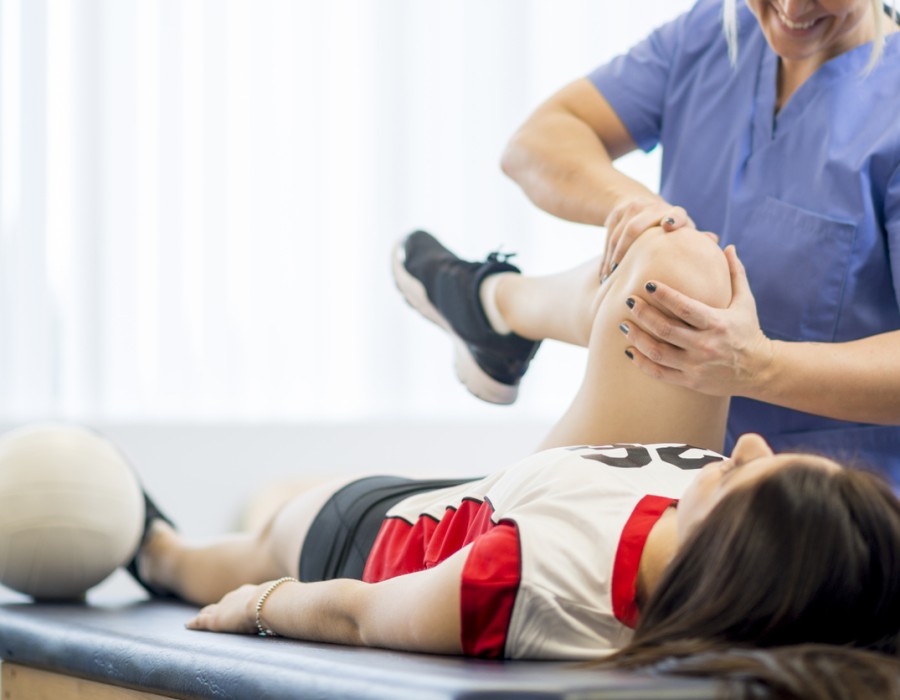Seeking immediate medical attention from a sports injury surgeon after getting injured is incredibly important for athletes for several reasons:
- Early Diagnosis: Prompt evaluation by a sports injury surgeon allows for an accurate diagnosis of the extent and nature of the injury. Early diagnosis can prevent further damage and facilitate a faster recovery.
- Immediate Treatment: Certain sports injuries require immediate intervention to prevent complications and optimize outcomes. Delaying treatment can exacerbate the injury and prolong recovery time.
- Pain Management: Sports injuries often cause significant pain and discomfort. A sports injury surgeon can provide appropriate pain management strategies to alleviate suffering and improve comfort levels.
- Prevention of Complications: Some sports injuries, if left untreated, can lead to complications such as chronic pain, instability, or long-term functional impairment. Timely medical attention can help prevent these complications.
- Rehabilitation Planning: Early involvement of a sports injury surgeon allows for the development of a comprehensive rehabilitation plan tailored to the athlete's specific injury and needs. This can expedite the recovery process and optimize functional outcomes.
- Psychological Support: Suffering a sports injury can be emotionally challenging for athletes, potentially leading to feelings of frustration, anxiety, or depression. Seeking immediate medical attention provides athletes with psychological support and reassurance, which can be invaluable during the recovery process.
- Return to Sport Guidance: A sports injury surgeon can provide guidance on when it is safe for the athlete to return to sports activities. This decision is based on the individual's injury, recovery progress, and risk of re-injury, helping to minimize the chances of further harm.
Overall, seeking immediate medical attention from a sports injury surgeon after getting injured is crucial for athletes to ensure accurate diagnosis, timely treatment, prevention of complications, rehabilitation planning, psychological support, and safe return to sports participation.





Comments